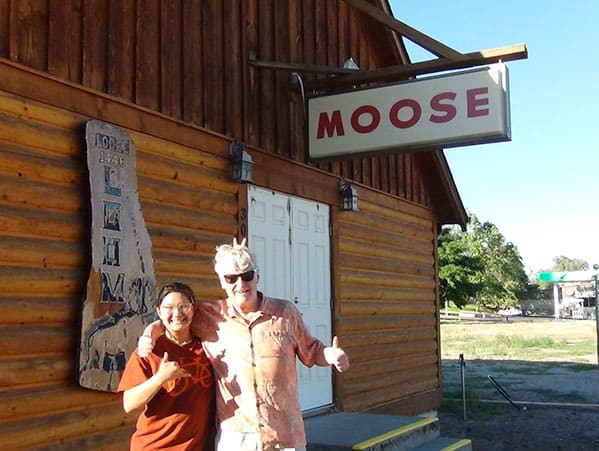
Some 20 years ago, I was volunteering with a not-for-profit organization to develop new products and services.
Our team had lots of ideas. We were excited to innovate, change, add value, and do better. You could feel the energy. It was electric.
The challenge: The organization was riding high and making lots of money on its core products. They did not want or did not need to look at anything new. Why fix something that was not broken from its point of view. OK. We got it.
Well, our great ideas were stuffed. The energy and enthusiasm dissipated. I left the organization.
Several of us wondered what had happened. Dr. Lindborg, an expert in organizational dynamics, in a moment of inspiration, uttered:
This is the Moose Lodge Syndrome at work.
“What’s that?” we said. A little history may help:
First a Little History
In the US about 60 years ago, we had the Elks, Daughters of the American Revolution, Odd Fellows, Masons, and many others not-for-profit associations. These were fraternal or sorority organizations that focused on common interests, such as helping folks or even tracing lineage to the American Revolution. Some even had religious affiliations. Some orders, like the Masons, went back to the American revolution and much earlier.
Remember, it was before the age of the internet. And, this was the way folks got together – face-to-face, exchanged information, helped each other, and in general communed for the greater good.
Fifty years ago, there were hundreds if not thousands of these associations. They were on each corner. Probably as many as there are Starbucks now. Now there are very few.
In the next phase of folks getting together, there were professional organizations, such as engineering, medical, nursing, or other functional organizations. These organizations thrived over the last 40 years, since they were the source of standards, best practices, and jobs. These professional organizations even legitimized professional disciplines and often promoted certifications and similar credentials.

Well now, folks can get all of this on the web – for free. They often do not want to meet face to face. They interact digitally. The classic example, we see all the time is couples going out on a dinner date and both are rapt into their smart phones checking emails not checking each other out.
The Moose Lodge Syndrome
So, now we have every organization facing the Moose Lodge Syndrome. You know the type of organization. You may also work for or belong to one. This is an organization that will not or cannot adapt over time. New ideas are brushed off. Managers say: “This too shall pass.”
The result is they slowly wither away – much like Moose Lodges- thinking that their product, belief structure, community, product, or service is immutable. They believe the essence or core of the organization does not have to change.
Dr. Lindborg uttered this prescient quip years before Clayton Christensen came up with his idea of disruption.
Inevitably, we all know and recognize the pattern. Before they know it, the organization has been disrupted. And, it dies.
Is your organization like that?
Another hard lesson learned:
People also face the Moose Lodge Syndrome.
So, do not rest on your laurels. Change. Adopt. Adapt.
Excellent article.
Hi Don:
Thanks for the kind words.
Unfortunately, we’re seeing more Moose Lodgism.
Take care
It takes courage to change. I do a lot of work with the BSA and all the change is certainly going to lead to some volunteers quitting and others outside the organization thinking that the changes are unnecessary.
Hi Brian, yes it takes courage and ignoring the changing world around us is not really an option. cheers, Fred
BSA is a great organization, that is evolving.
We live in VUCA (volatility, uncertainty, complexity, ambiguity) time. I consult and write about it. Organizations are not ready. Folks are not. There is no guru and/or blueprint to show the way. We are in for interesting times.
Thanks for your comment. Take care. Happy New Year